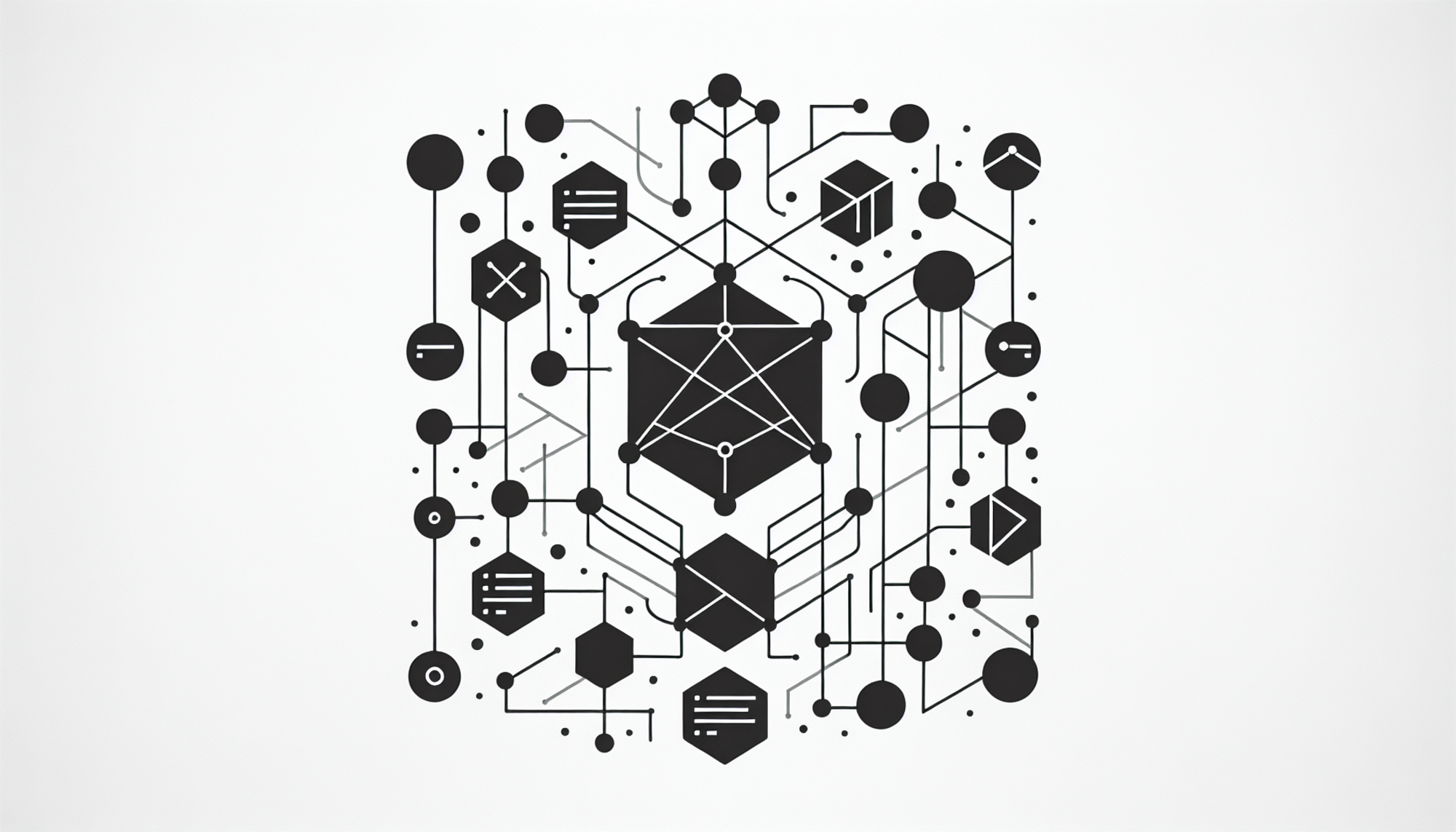Engineering Perspectives: C++, AI Security, and Future Innovations

In the tumultuous sea of software engineering discussions, a collage of recent articles offers rare insights and raises some pertinent questions about the evolving intricacies of our craft. These posts tackle a spectrum of subjects—ranging from the evolution of languages like C++ to the security concerns around AI-generated code and the nuances of model-based systems engineering. They embody both the excitement and challenges engineers face in 2025, a year marked by rapid technological advancement and persistent legacy issues.
Revisiting C++: Relic or Resilient?
Recently, there's been a renewed conversation about C++—a language that often finds itself on the receiving end of criticism for being outdated or overly complex. In the blog post "In Defense of C++," many arguments emerge that not only justify the language's continued relevance but portray its dynamic capabilities as a double-edged sword. Acknowledging C++'s steep learning curve, the author underscores that the language is perhaps misunderstood; its richness allows for varied programming paradigms tailored to specific needs.
Critics often cite that newer languages like Rust offer better safety mechanisms. However, defenders argue that rewriting C++ codebases in Rust can yield improvements not solely attributed to Rust’s features but to a reevaluation of the existing project architecture altogether. This perspective resurrects a crucial debate: are newer languages naturally superior, or do they merely provide different tools for a familiar task?
AI Code: Security in the Shadows
The introduction of AI into development practices has generated both excitement and skepticism. Chloe Messdaghi’s article, "When AI Writes Code, Who Secures It?" highlights the dual-edged nature of AI in programming. On one hand, it accelerates development through automation; on the other, it introduces new risks that traditional security practices struggle to address. For instance, vulnerabilities in AI-generated code present unprecedented challenges that existing coding frameworks were never designed to accommodate.
This emerging landscape underlines an essential shift in security paradigms, necessitating new frameworks that address AI-specific risks. The rise of malicious AI capabilities, such as automated ransomware, seems to signal a call to action: the industry must build resilience and adopt a proactive rather than reactive stance toward securing code in an AI-driven future.
Model-Based System Engineering Suffers without Collaboration
The concept of Model-Based Systems Engineering (MBSE) also comes to the forefront in the blog from Carnegie Mellon University, which calls for a foundational rethinking of how digital engineering transcends traditional boundaries. It emphasizes that effective communication among stakeholders often falters when technical complexities intertwine with organizational layers.
What’s striking is how these dialogues about MBSE resonate with those concerning C++ and AI: just as criticism of C++ often centers on its complexity, the MBSE discussions pivot around communication hurdles. Finally, enhancing collaboration seems a pivotal strategy, as successful integration of practices lays the groundwork for effective, scalable solutions.
The AWS Leadership Debate
Meanwhile, the announcement from AWS regarding their leadership position in the "2025 Gartner Magic Quadrant" opens another avenue for discussion—will reliance on cloud platforms dictate future programming trends? Acknowledging AWS’s dominance raises crucial questions about the visibility of smaller, innovative contributors in the tech space. Does a focus on giant cloud providers stifle competition in the systems engineering arena?
The discussion is ongoing, but what remains evident is that, much like debates on programming paradigms, the cloud landscape requires several lenses through which to analyze its impact on software development and engineering methodologies.
A New Hope for Event-Driven Applications
In perhaps a more optimistic note, the emergence of SurrealDB and its focus on combining event-driven architectures with AI capabilities presents exciting opportunities on the horizon. With an emphasis on simplifying complexities that often arise in software projects, it could signify a movement toward more streamlined and effective development practices.
As Tobie Morgan Hitchcock discusses in a recent Software Engineering Daily podcast, the integration of various data models within a single database ecosystem highlights how innovation can alleviate fragmentation and offer cohesive solutions—something every developer can rally around.
In summary, the articles reviewed collectively create a vivid portrayal of the current state of software engineering. They underscore the importance of adaptability, highlight security concerns in the AI realm, advocate for robust communication in systems engineering, and hint at promising new technologies that could redefine our practices. As engineers, we must remain vigilant, thoughtful, and proactive in our approaches to both challenges and opportunities ahead.
References
- Taming Service-Oriented Architecture Using a Data-Oriented Service Mesh
- AI & Modernize Software Architecture
- Ongoing Supply Chain Attack Targets Crowdstrike NPM Packages
- AWS named as a Leader in 2025 Gartner Magic Quadrant for Cloud-Native Application Platforms and Container Management
- A Call to Action: Building a Foundation for Model-Based Systems Engineering in Digital Engineering
- When AI Writes Code, Who Secures It?
- In Defense of C++
- What an MCP Implementation Looks Like at a CRM Company
- SurrealDB 3.0 and Building Event-Driven AI Applications with Tobie Morgan Hitchcock
